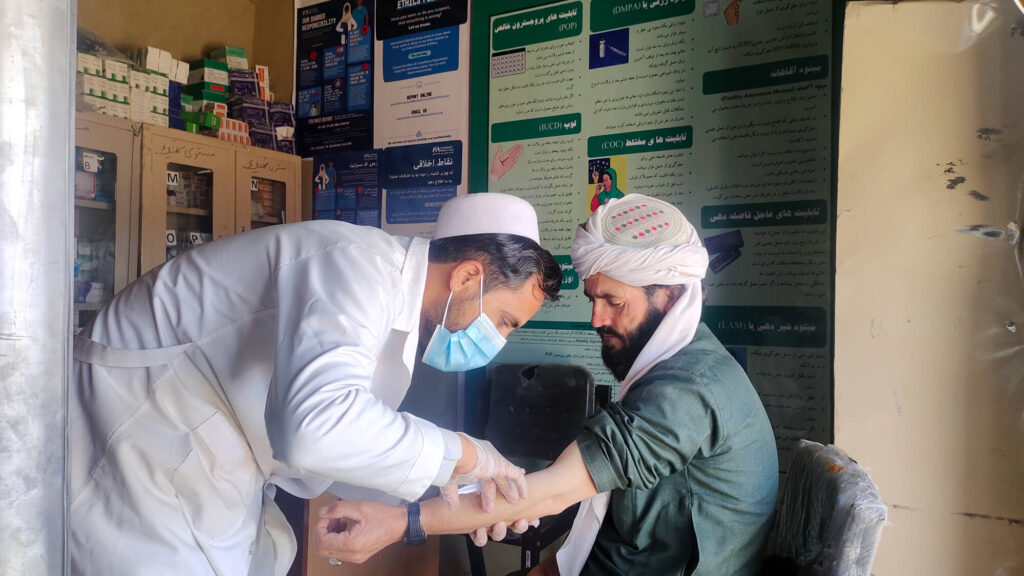When the Zeruk district of Paktika province was hit by an earthquake last year, International Medical Corps staff were among the first responders. And the work has continued, with health teams from eastern Afghanistan traveling rural roads in pick-up trucks to conduct assessments and share best practices with the staff members of a new International Medical Corps-supported health clinic in Zeruk.
In January, International Medical Corps established 10 new health facilities in Paktika by renting vacant houses and converting them into clinics where local staff provide primary healthcare and other vital services. And because most people in Afghanistan live in hard-to-reach areas, International Medical Corps also has 39 mobile medical teams operating throughout the country. This combination of static health clinics and mobile teams ensures that essential healthcare services are easily accessible to remote communities.
“In Paktika province, villagers are in desperate need of primary healthcare services, due to poverty, drought, natural disasters and conflict,” explains Ahmed Kassas, Country Director for International Medical Corps in Afghanistan. “The rural nature of the area makes it very difficult for people to access such services. The health facilities we support in remote areas are critical to saving lives and alleviating suffering.”
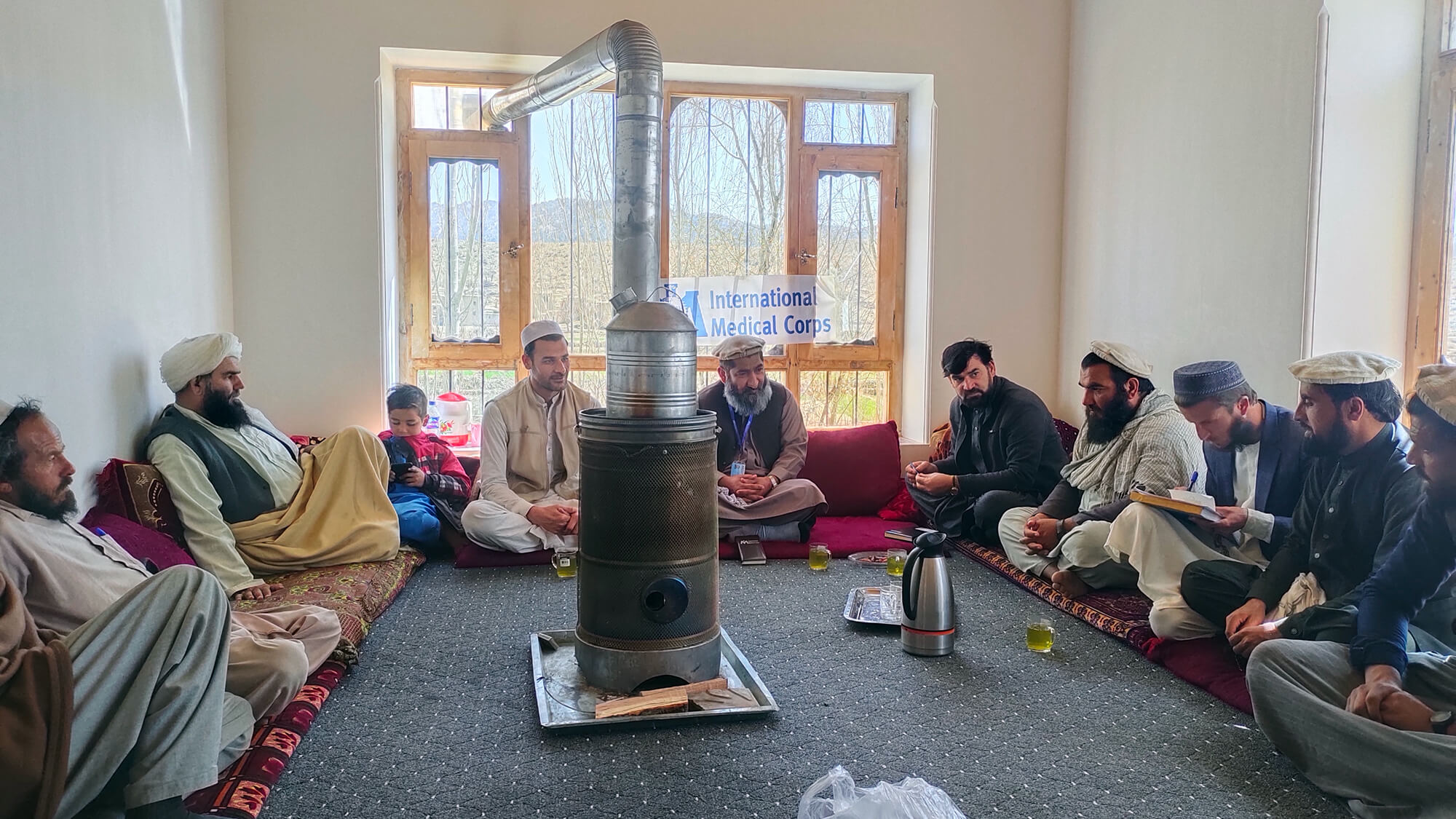
The health centers are in far-flung districts, including Omna, Sarawza, Tarwo, Urgun, Wormamay and Zeruk. Staff members at each center provide outpatient consultations, including maternal healthcare and mental health services.
Bibi Gul, a woman from Omna district, recently visited her local health center with her pregnant daughter-in-law, Khan Mohammad, for a prenatal checkup. An International Medical Corps midwife examined her and advised her to come back to the health center when she went into labor, so the midwife could perform the delivery. Though this may sound routine, maternal healthcare wasn’t available in this area until International Medical Corps established the health clinic in Omna.
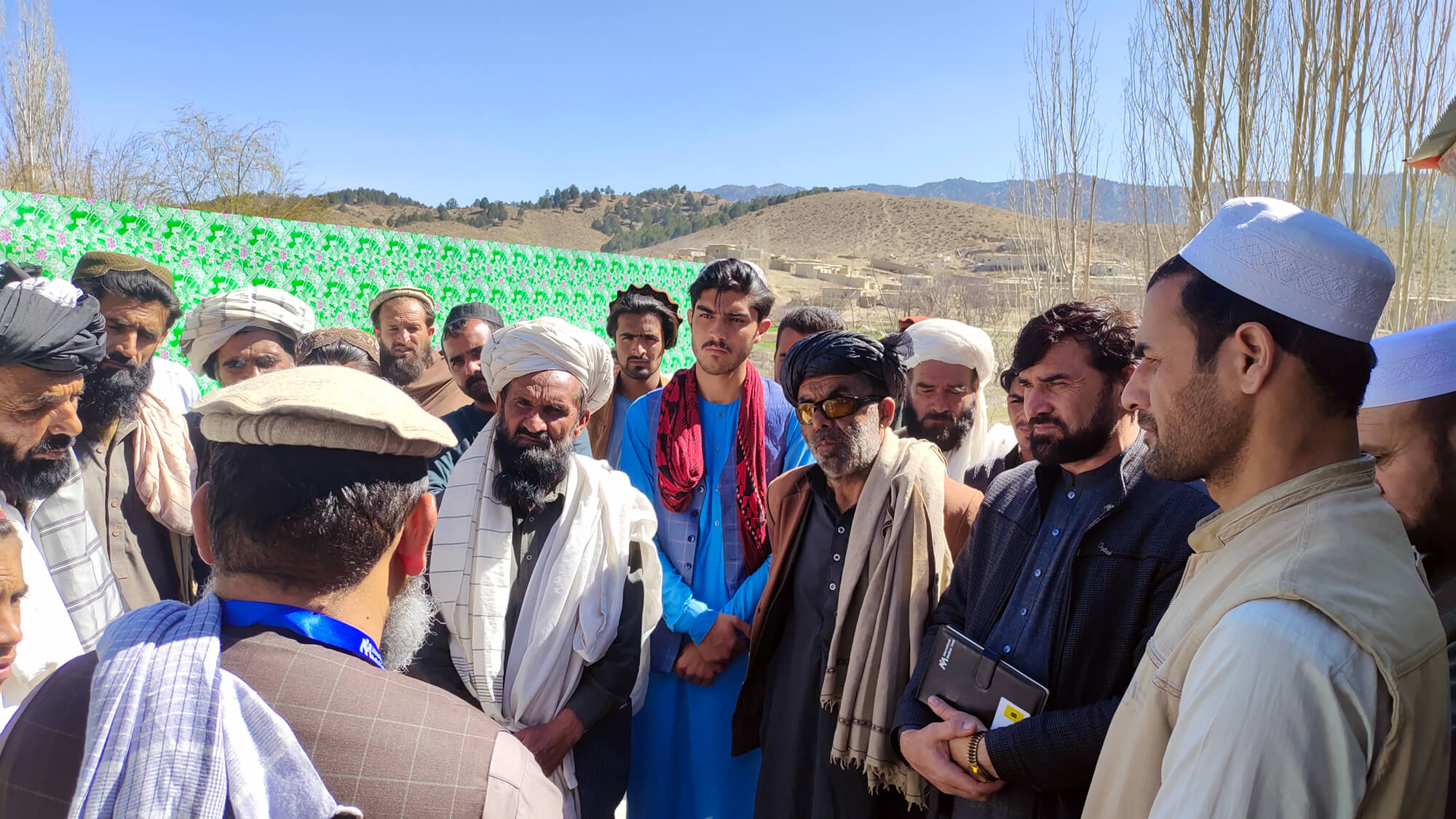
“We live in the desert, and ongoing drought has affected us,” Bibi Gul explains. “We do not have enough money to pay for transportation. How could we possibly pay for the rental car to get my daughter-in-law to the large provincial hospital for treatment? We’re grateful to International Medical Corps for running this local health center.”’
Bibi Gul’s husband, Shah Mohammad, echoes her comments about the importance of the local health centers, adding that some of the health workers were hired from their village, creating a steady income for local people.
So far this year, International Medical Corps-supported health centers in Paktika have provided more than 18,000 outpatient consultations, with more than 350 women receiving prenatal care, more than 200 receiving postnatal care and more than 650 receiving mental health services.
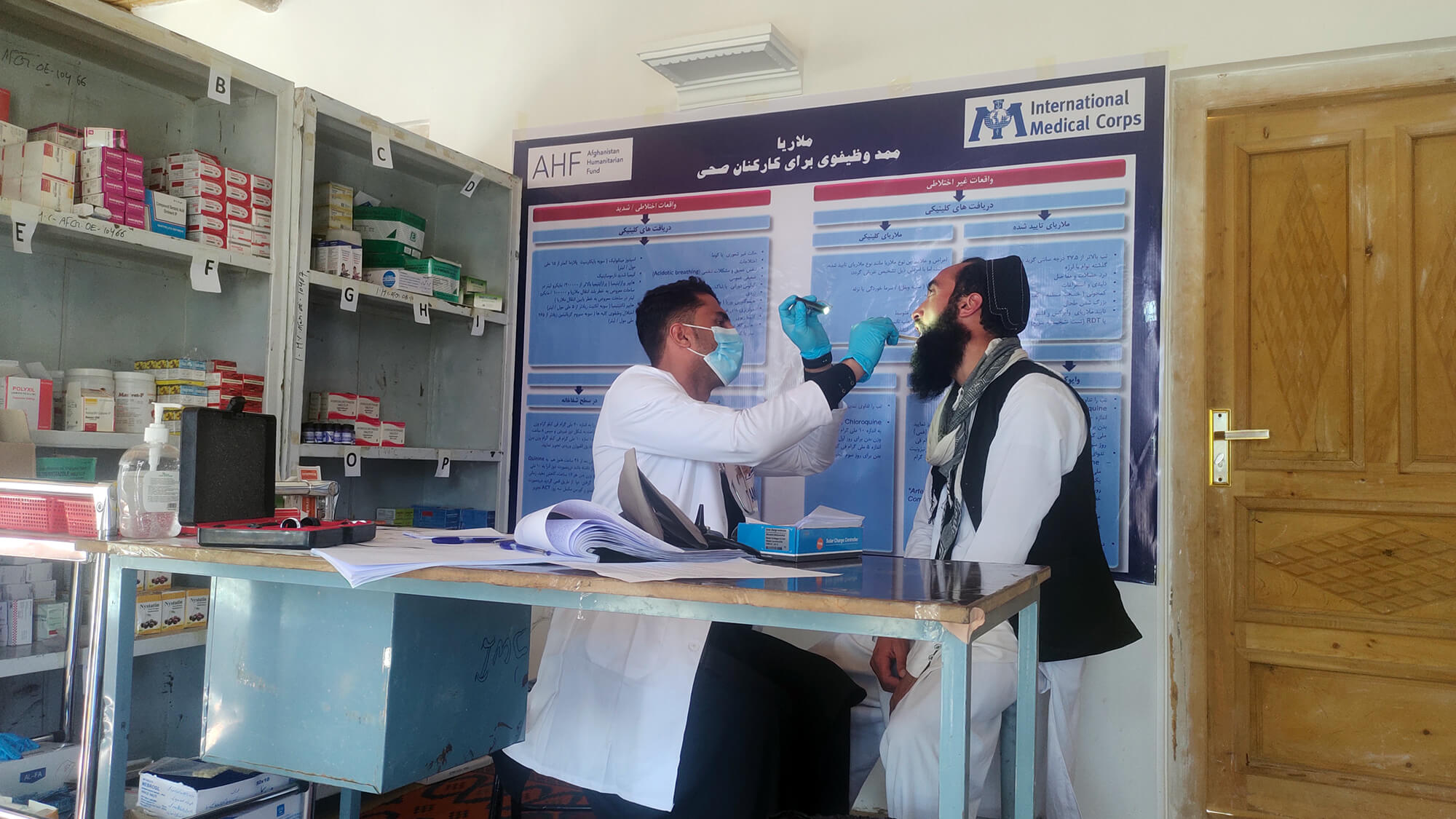
In the Zeruk district, other community leaders express their gratitude to International Medical Corps for providing maternal healthcare services.
“Women can easily access the local health center,” says Haji Agha, “which is a relief, given the dangers that can arise for mothers and their babies without prenatal and postnatal care.”
International Medical Corps also has established a warehouse in the center of Paktika province, where our teams have prepositioned lifesaving medicines, medical supplies and equipment. This enables them to easily transport them to remote health centers during unexpected outbreaks of infectious disease.
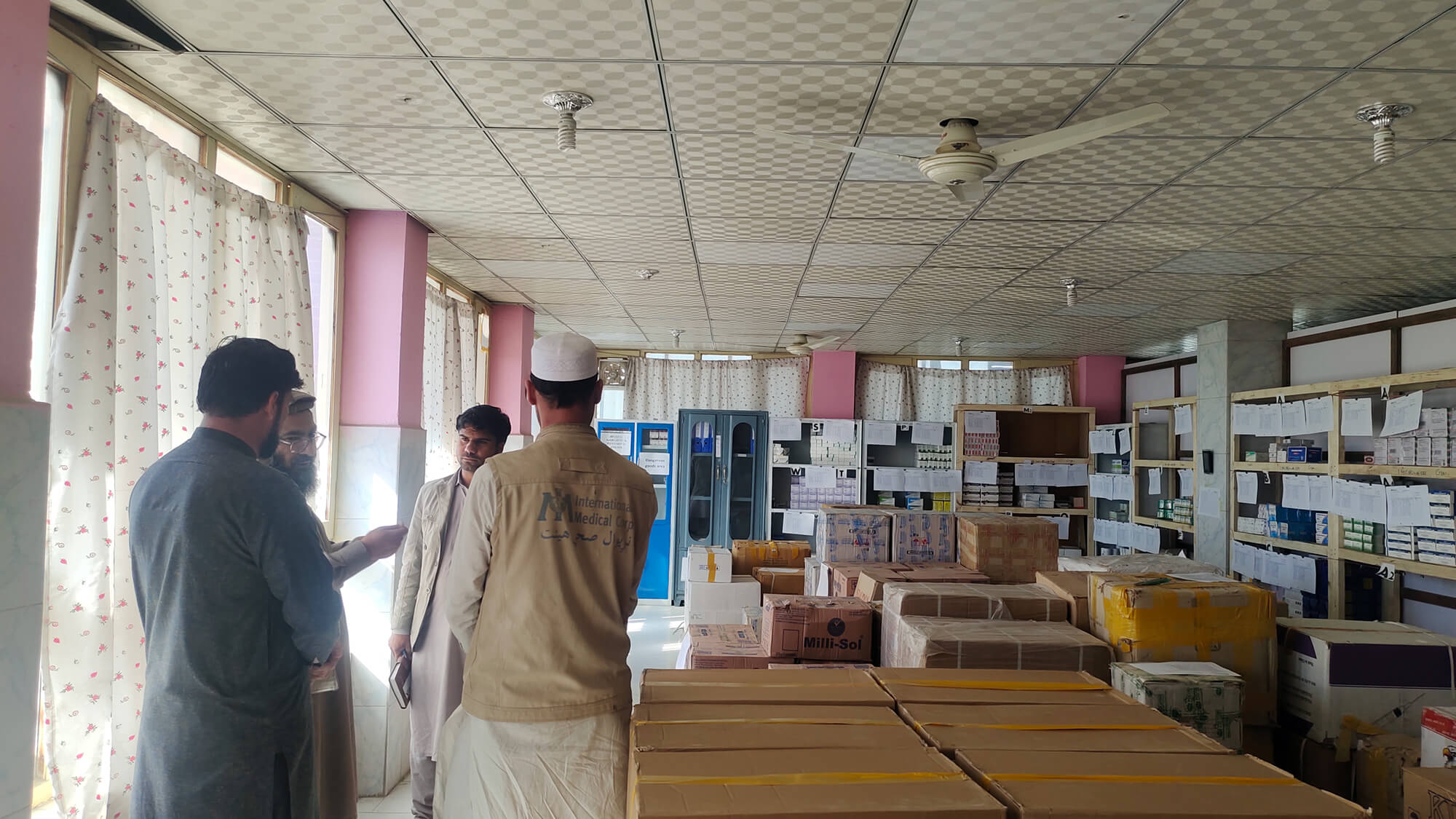
After more than 40 years of war, economic decline, inflation and rising poverty, Afghanistan is once again descending into a humanitarian crisis. Yet despite immense challenges, International Medical Corps continues to provide medical care. Thanks to the incredible dedication of our Afghanistan team, International Medical Corps’ health programs have so far reached more than 200,000 people throughout the country this year.
